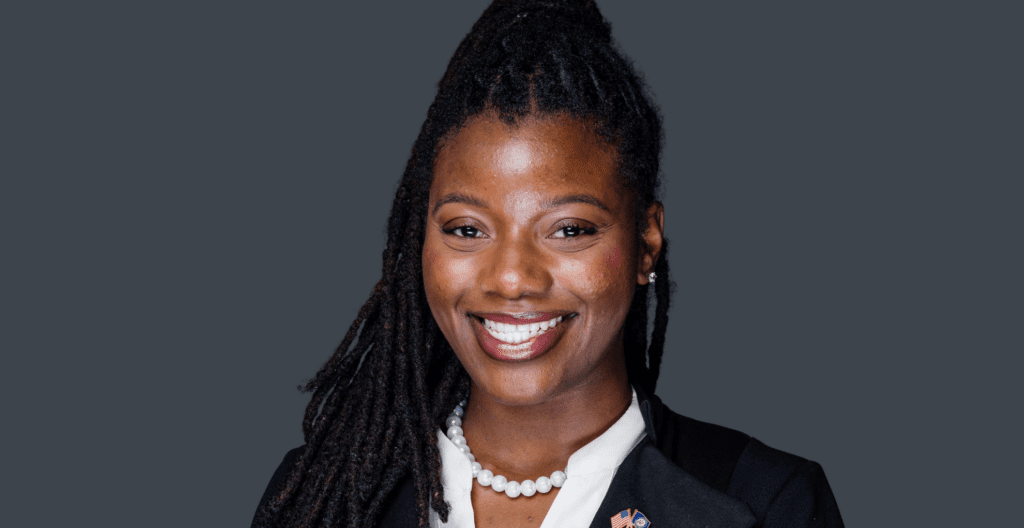WASHINGTON, DC – In his dissent in Regents of the University of California v. Bakke (1978), a landmark affirmative action case which found that the school’s special admissions program with slots set-aside based on race alone was unlawful, Supreme Court Justice Thurgood Marshall wrote: “In light of the sorry history of discrimination and its devastating impact on the lives of Negroes, bringing the Negro into the mainstream of American life should be a state interest of the highest order. To fail to do so is to ensure that America will forever remain a divided society.”
While the majority in Bakke deemed the University of California’s special admissions program for minorities unconstitutional, the Court also clearly found that creating racially diverse educational environments was a compelling state interest sufficient to overcome
any constitutional bar on the consideration of race so long as race was only one factor amongst a multitude of factors that a school used when deciding whom to admit. Thus, the idea of universities embracing diversity as an enriching factor that benefits the entire
student body has long been woven into the fabric of higher education and undergirds the purposeful effort that institutions of higher education have undertaken in the last 40 years to create diverse and inclusive educational environments.
Today’s Supreme Court decision in Students for Fair Admissions, Inc. (SFAI) v. President and Fellows of Harvard and SFAI v. University of North Carolina inexplicably rejects 40-plus years of precedent, and each college’s, university’s or state system’s individual autonomy to gauge the inherent educational value of demographic diversity for their respective campus communities. This ruling also helps make plain that the
principle of stare decisis no longer has any meaning.
“Supreme Court Justice Thurgood Marshall believed that due to the legacy of discrimination in America that it should be a state interest of the highest order that Black Americans be fully-integrated into every part of society,” said TMCF President and CEO Dr. Harry L. Williams. “Today’s Supreme Court decision to remove race as a consideration in college admissions is an unfortunate step backwards in the journey to create equal opportunity for everyone in America. Going forward, today’s decision highlights how critical the mission of the Thurgood Marshall College Fund is as we continue to work to create an equitable society.”
For our country to reach its full potential and cultivate a workforce capable of meeting tomorrow’s challenges, we must intentionally invest in and equitably support students from across the spectrum of our nation’s population. While the Supreme Court’s affirmative action decision is unfortunate, it should serve as a call-to-action to policymakers and business leaders who value diversity and view it as a strength in our higher education institutions and corporations, alike.
In light of this unprecedented decision, it is imperative, now more than ever, that America’s corporate leaders make an intentional effort to engage our Historically Black Colleges and Universities (HBCUs) and Historically Black Community Colleges (HBCC) to ensure that their companies are finding and helping to cultivate the best and brightest students of color that our nation has to offer. Additionally, it is more critical now that Congress passes the IGNITE HBCU Excellence Act to provide HBCUs and their students with the critical infrastructure grants needed to improve institutional facilities, increase broadband access, provide access to cutting- edge technological resources, decrease environmental hazards, and establish or
enhance centers for innovative research.
Since their inception, HBCUs have always been agents of equity, opportunity, and excellence in education. Going forward, HBCUs will continue to serve as vehicles of upward mobility for their students, engines of economic growth for their respective communities and a focus of intellectual discourse and scholarship on issues ranging from genetic research to social justice. Notwithstanding today’s decision, we continue to invite partners from across the spectrum to join and invest in our institutions and their students for the betterment of our nation as a whole.
ABOUT THE THURGOOD MARSHALL COLLEGE FUND
Established in 1987, the Thurgood Marshall College Fund (TMCF) is the nation’s largest organization exclusively representing the Black College Community. TMCF member-schools include the publicly-supported Historically Black Colleges and Universities and Predominantly
Black Institutions, enrolling nearly 80% of all students attending black colleges and universities. Through scholarships, capacity building and research initiatives, innovative programs, and strategic partnerships, TMCF is a vital resource in the K-12 and higher education space. The
organization is also the source of top employers seeking top talent for competitive internships and good jobs.
TMCF is a 501(c)(3) tax-exempt, charitable organization. For more information about TMCF, visit: www.tmcf.org.



